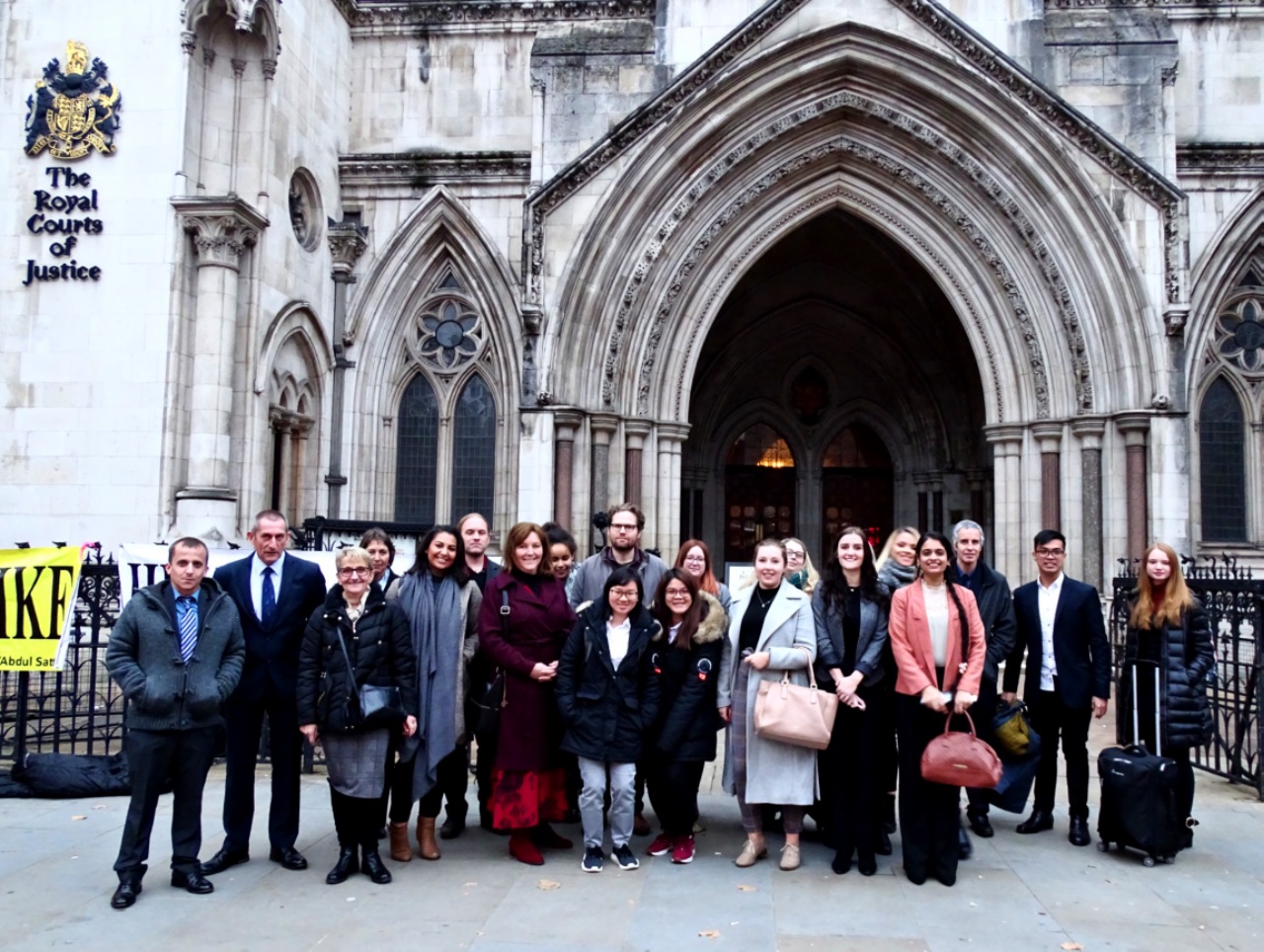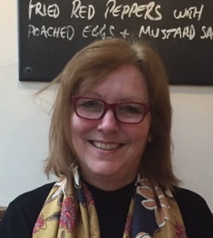Cardiff University law students and academics have helped to quash the wrongful conviction of a man who served three-and-a-half years of a seven-year prison sentence.
The case, which was worked on over six years under the supervision of Dr Dennis Eady as part of the Cardiff University Innocence Project, was heard at the Royal Courts of Justice on 22 November, and judgment was handed down today. We are pleased to note that the lord and lady justices of appeal acknowledged ‘the significant contribution of Cardiff University Innocence Project which has, through the pro bono input of its supporters, advanced this appeal on the appellant’s behalf’.
Gareth Jones was convicted of a serious sexual assault at the age of 22 in July 2008, despite there being no physical evidence to suggest that there had been a crime. He was a care worker in a nursing home when an elderly infirm lady suffered serious injuries, whose cause could not really be explained. Gareth’s appeal proceeded on several grounds. The medical evidence at the trial covered only what medical experts agreed on, not what they disagreed on. They weren’t called for cross examination on medical issues in dispute. So the jury was left without the option of concluding that the injuries may have been accidental on fragile skin, then compounded by efforts to stop bleeding. The appeal also considered that Gareth’s learning difficulties had not been taken into proper account at trial, which could have resulted in him being unable to understand questions being put to him.
As well as dozens of students, the project has had the pro bono support of two Cardiff University alumni who are practising barristers (Philip Evans QC and Tim Naylor), a criminal appeals solicitor in Cardiff (Andrew Shanahan) and five medical/psychology experts.
Around 17 Cardiff law students, past and present, were at the November hearing to see the result of their investigative work presented by barristers to a panel of appeal court judges, chaired by Lord Justice Simon. The project first became aware of Gareth’s case in 2012 through his long-term supporter Paula Morgan.
This is the second conviction that the Cardiff University Innocence Project has helped to overturn, but this is the first appeal directly to the Court of Appeal. In 2014, Cardiff was the first ever UK university innocence project to successfully bring a case to the Court of Appeal, on that occasion following a referral by the Criminal Cases Review Commission. Dwaine George had already served 12 years in prison for murder. Cardiff University’s Innocence Project was launched in 2006, following the lead of Dr Michael Naughton at Bristol University, and was one of the first three innocence projects in the UK. The project allows students who are passionate about investigating alleged miscarriages of justice to work on cases of long-term prisoners who maintain their innocence of serious crimes for which they have been convicted.
Our success today demonstrates that universities are about more than research. Our work is making a real impact from innovative learning and teaching. This decision will hopefully allow Gareth to start re-building his life. The more we studied the evidence the more we became convinced that no crime had been committed. Instead, it was clear to us that there had been an unfortunate series of events for which there was no obvious explanation, and in our view Gareth should never have been charged.
Gareth would not be in this position now without pro bono assistance from a number of people. We are very grateful to those individuals, and to our students past and present for their efforts.
University projects are a sticking plaster only and cannot replace a properly-funded legal aid system. If Gareth had had to privately fund this appeal, he could not have afforded it. We estimate that it would probably have cost at least £70,000. It can’t be right that someone in Gareth’s position has to find experts prepared to do this free of charge – that makes justice a lottery. We have to address these fundamental problems with our criminal appeals system.
I am keen to thank formally the experts who gave their time free of charge to support Gareth’s case. Apart from the lawyers mentioned earlier, vital support on this case has come from:
- Dr Steve Killick, a clinical psychologist based in Wales.
- Dr Deryk James, a forensic pathologist working at Cardiff’s medical school.
- Sylvie Hampton, a tissue viability expert.
- Dr Sally Wood, a Cardiff-based forensic medical examiner.
- Dr Tanya Edmonds, Lead Consultant Clinical Neuropsychologist at Morriston Hospital in Swansea, who felt compelled to offer an expert opinion after being approached by Gareth’s supporter, Paula Morgan.
- Dr Keith Coaley, a retired forensic clinical psychologist.
In addition, the Cardiff project is very grateful to other long-standing pro bono expert supporters, including forensic scientist Nigel Hodge, police experts Des Thomas and Steve Christopher, barrister Pamela Radcliffe, and the many other people who are readily and generously at the end of the phone when help or a guiding hand is needed.
It is impossible to thank everyone personally – from the miscarriages of justice survivors such as Mike O’Brien, to colleagues in other universities facing the same challenges that we do, to the many sympathetic journalists, scientists and legal practitioners. We are grateful to each and every one of them for their commitment to improving our problematic system. We hope they will forgive us for not including all names. We are proud and humbled to say that our list of supporters is a long one, so this is not an inclusive list!
Most importantly, we want to acknowledge the courage and dignity with which Gareth has endured this dreadful experience and injustice of the last 10 years, and we salute Paula Morgan’s unstinting support. This decision has come at an important time for Gareth and his family and supporters. He can spend his first Christmas in more than a decade knowing that he was the victim of an unfortunate set of circumstances. We hope that people in his village will embrace this decision and recognise that Gareth’s innocence should now be widely recognised.
Let’s continue to acknowledge this failing of any system involving human beings, and be more ready to embrace and correct errors, as this court has done today.
Julie and Dennis will be writing more in the New Year about what went wrong in this case and how Gareth’s appalling 10-year ordeal could have been prevented or at least corrected much sooner







